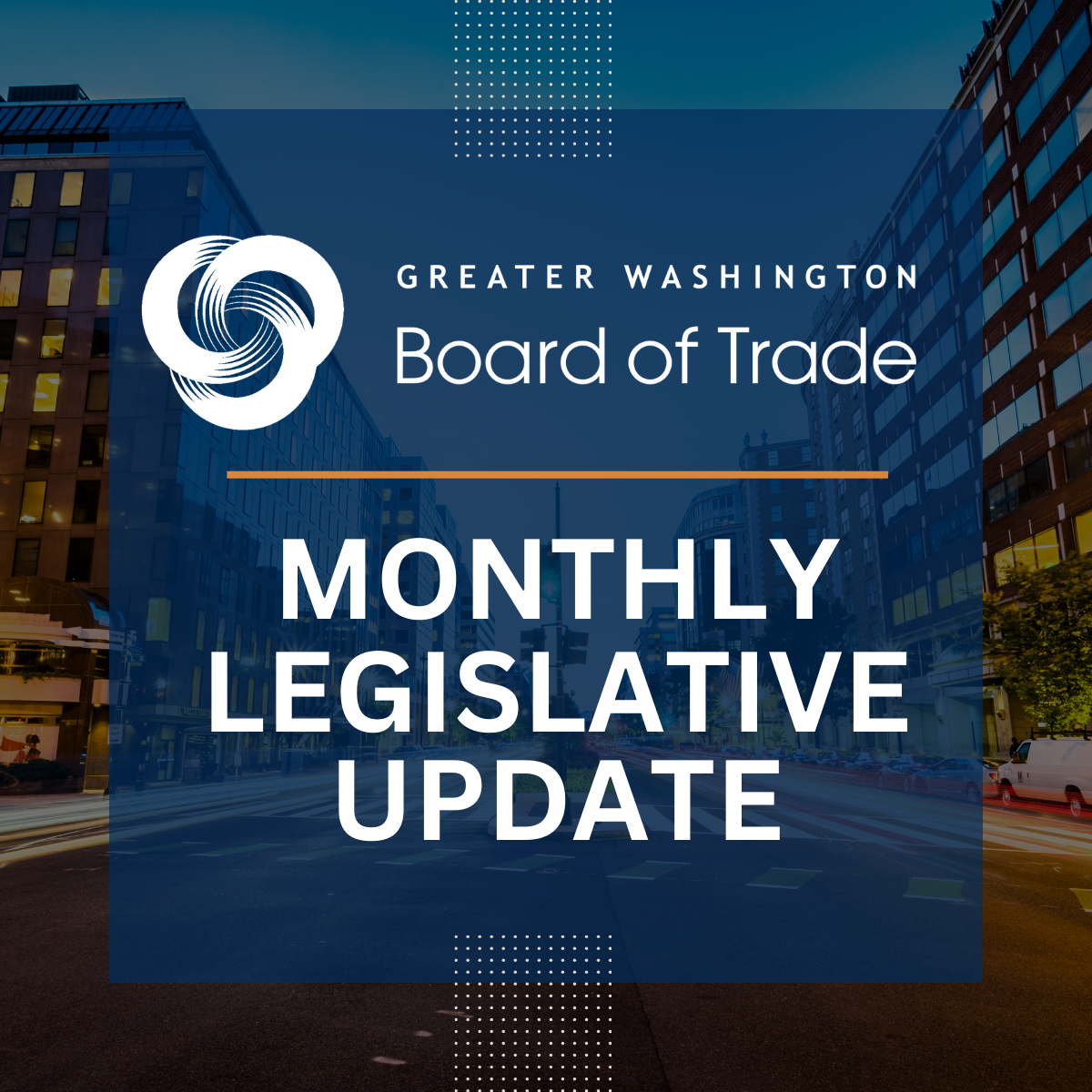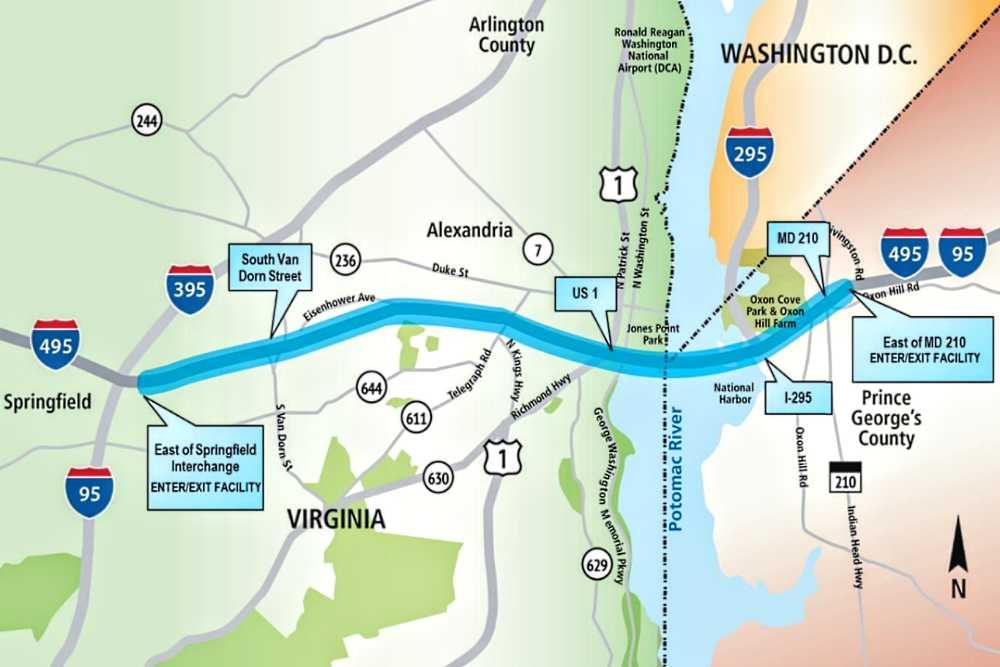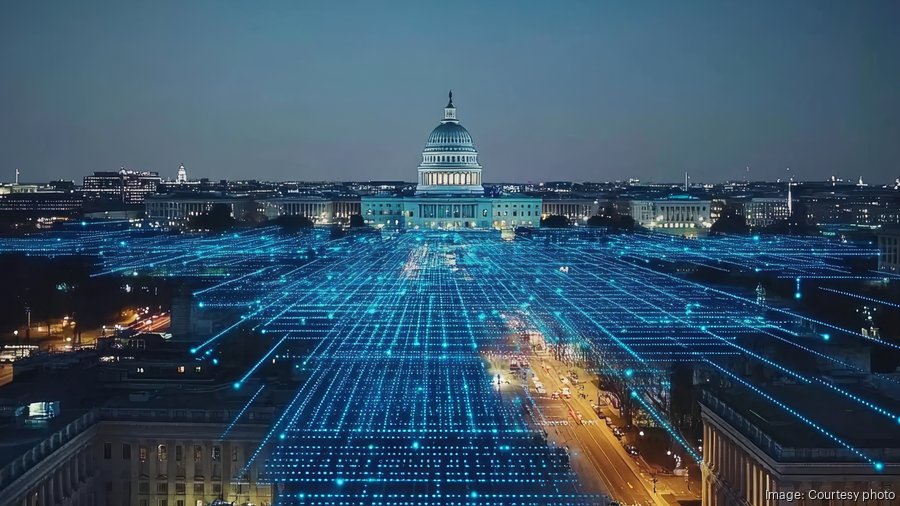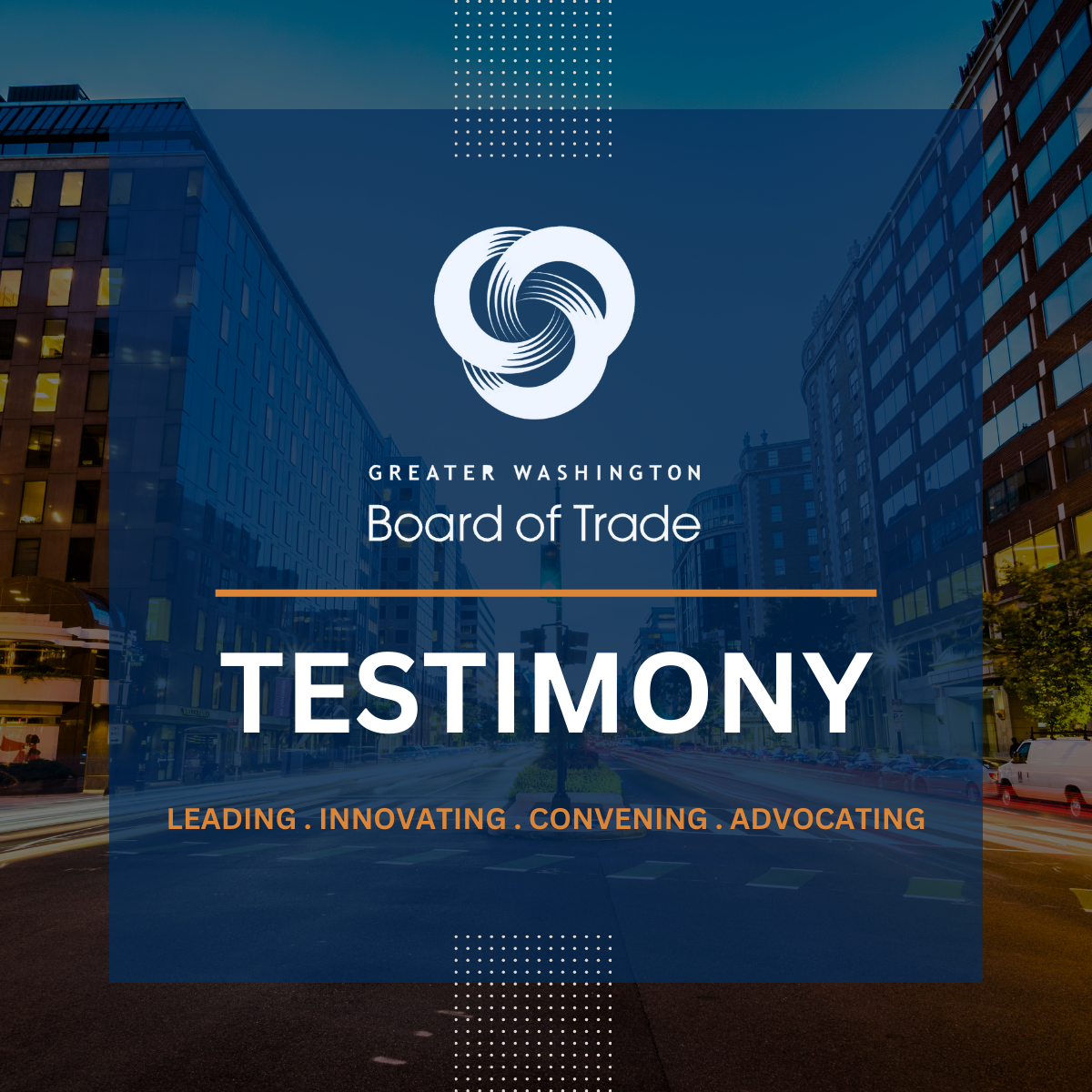The future of RFK Stadium is moving closer to reality after September 17, when D.C. Council voted again in favor of the RFK stadium redevelopment legislation. Redeveloping RFK is not just about building a stadium; it’s about creating a 21st-century destination that reflects the values and ambitions of the District and its residents. The Board of Trade is proud to be a leading voice in shaping that future, and we will remain engaged as the process advances. (Statement: D.C. Council final vote for redevelopment funding on Sept. 17)
This project represents more than bricks and mortar; it is a chance to reshape an iconic site into a destination that drives economic growth, improves connectivity, and enhances the quality of life across the District and region. While the project is expected to create 14,000 construction jobs and 2,000 permanent jobs, it will generate $4 billion in tax revenue and over $15.6 billion in direct spending across 30 years. The campus spans around 180 acres of the former RFK Stadium site and would transform what’s now an underused riverfront parcel into a vibrant mixed-use neighborhood.

Earlier this year, we testified before the D.C. Council in support of legislation that would unlock the potential of the RFK site and allow the city to move forward with a transformative vision. In our remarks, we highlighted the importance of anchoring the redevelopment in strong transit connections, ensuring the project boosts economic competitiveness, and delivering real community benefits, including:
- We wrote letters of support to the D.C. council, highlighting the opportunity to transform the District through a 65,000-seat roofed stadium for the Washington Commanders, designed to host not only football but also 200 annual events from concerts to cultural gatherings.
- In our first testimony on this issue, we testified before the D.C. Council in support of legislation that would unlock the potential of the RFK site and allow the city to move forward with a transformative vision. In that testimony, we emphasized strong transit connections, economic competitiveness, and delivering robust community benefits, highlighting the 6,000 new housing units, with at least 30% affordable, hotel rooms, parking, new restaurants, retail corridors, and community amenities such as an $89 million youth sportsplex, activation of the Fields at RFK, expanded green space, riverfront access, and walkable parks. (read our testimony here)
- We also testified again in support of the RFK Stadium funding bill, asking the Council to act with urgency to prioritize infrastructure, affordable units, and follow construction timelines to ensure the project and its projected benefits are not delayed. (read our second testimony here)
- Joined Mayor Bowser and community leaders at multiple engagement events, including a rally at the Wilson Building and an event hosted by Mayor Bowser to highlight the future business opportunities with industry stakeholders, publicly supporting the vision for RFK’s redevelopment, and helping to raise awareness of the impacts of this once-in-a-generation opportunity.

Throughout the entire process, we have been in ongoing dialogue with the Washington Commanders to ensure that the project balances economic competitiveness with community needs — from workforce opportunities to improved transit access and mixed-use development that serves residents and businesses alike. With upgraded utilities, new roadways, improved transit access, and vibrant hospitality districts like the Riverfront and Plaza, the project is set to revitalize the site and surrounding neighborhoods, serving as a community anchor that blends housing, commerce, recreation, and entertainment into a powerful driver of growth for the District.
The Board of Trade will continue to champion this redevelopment as an engine of growth, connectivity, and opportunity for the entire region. We look forward to continuing conversations with the Commanders, community leaders, and stakeholders to unlock all that the RFK site has to offer.
Learn more about how we engage with leaders at the federal, state, and local levels to ensure that the voices of Greater Washington’s business community are heard: https://www.bot.org/business-policy-greater-washington-dc/



























